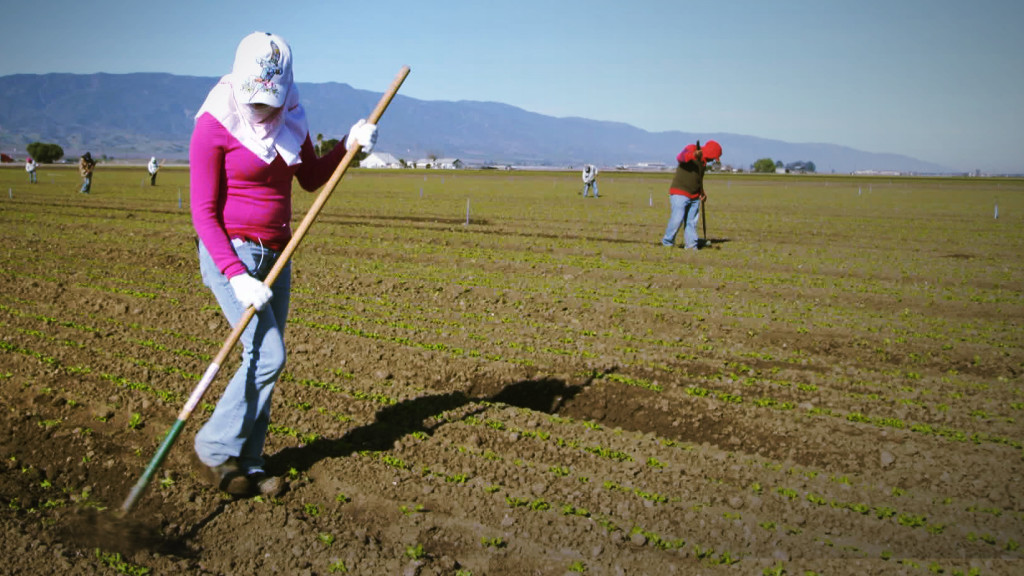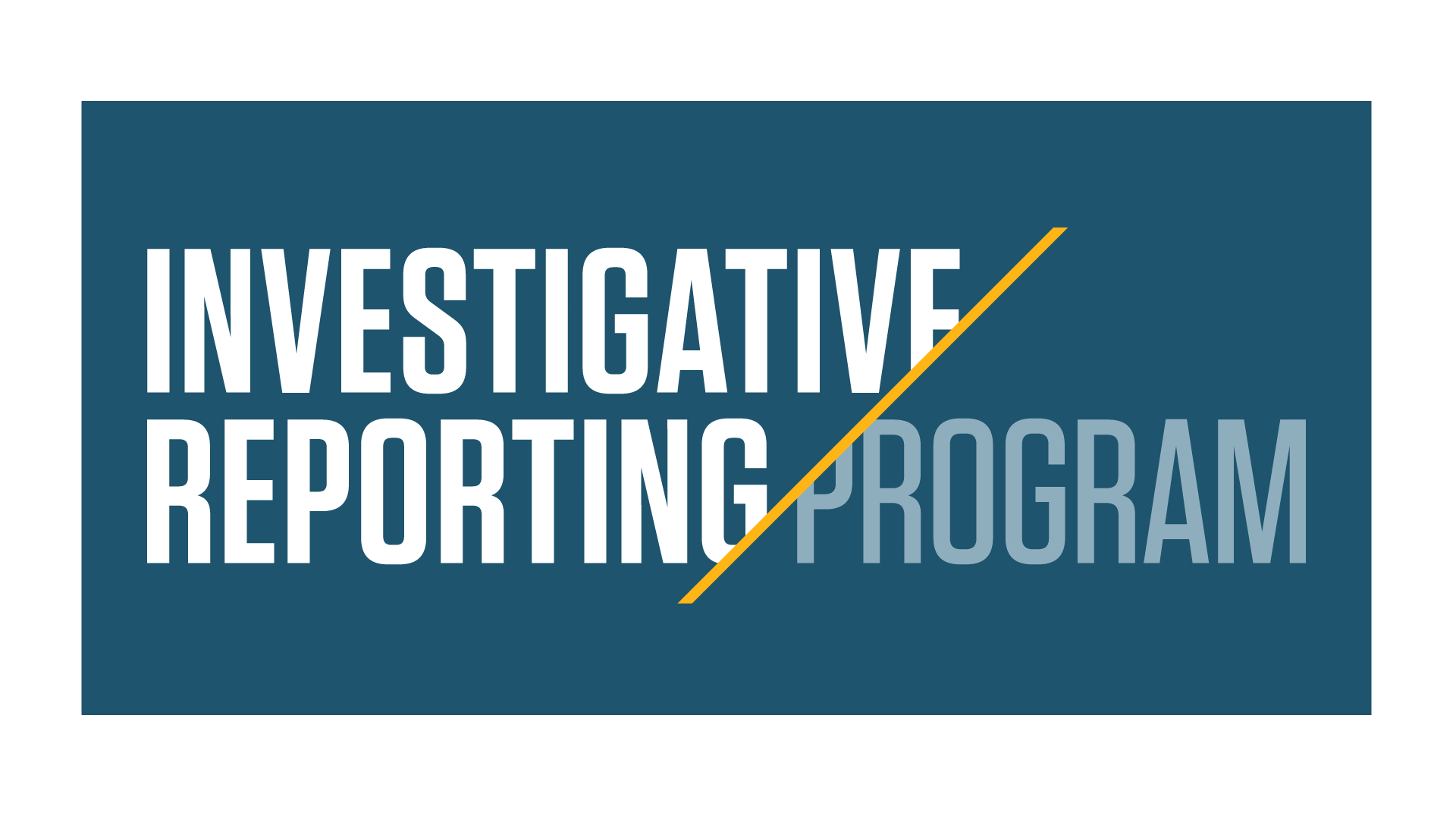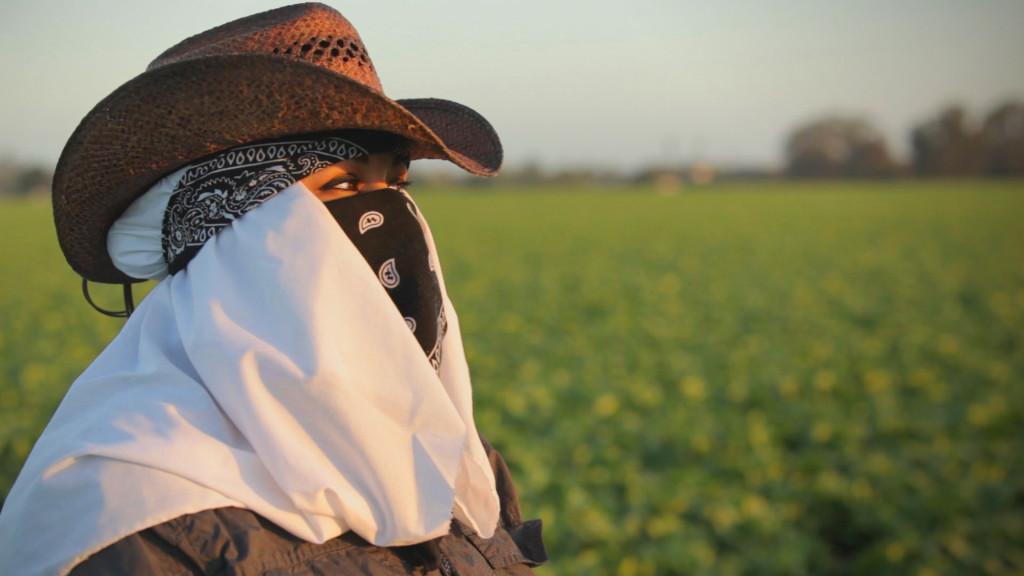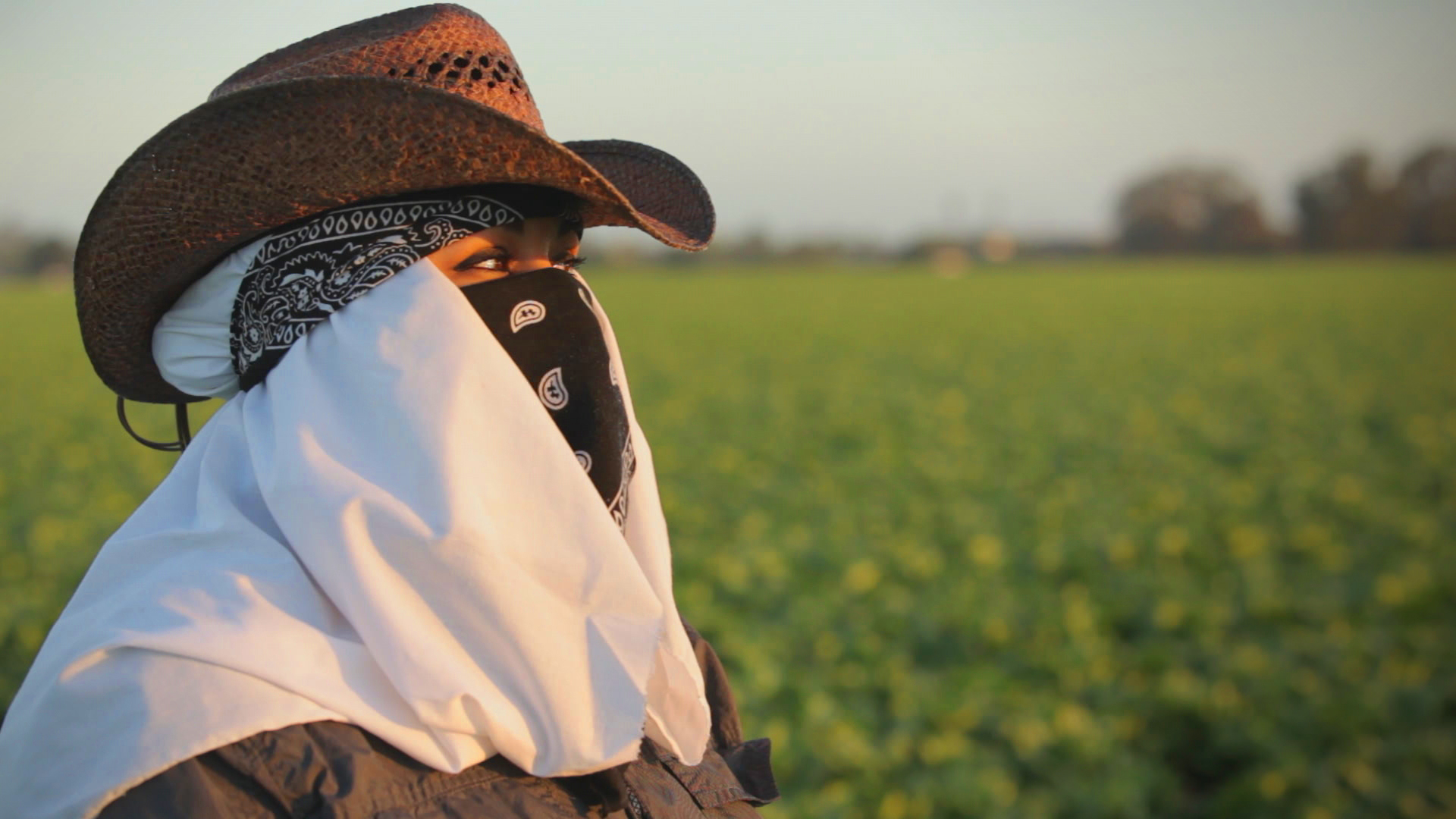Why Have There Been So Few Sexual Assault Prosecutions In the Agriculture Industry?

June 25, 2013
Share
The FBI lists rape as the second most serious violent crime behind murder. But only one out of 20 victims will ever see a rapist convicted of a felony.
Police make arrests in fewer than one-third of the rape and sexual assault cases brought to their attention, according to a recent Department of Justice report. And most cases are never reported to police in the first place.
Unless a woman reports to police soon after the rape, before showering or changing clothes, there is often very little evidence of the alleged crime. It costs law enforcement about $1,000 to run a full DNA test on a rape kit, and forensic evidence often only proves that sex — not necessarily rape — took place. Absent additional witnesses, the man can still argue it was consensual.
For undocumented women who are raped or sexually assaulted — and who may fear losing their jobs or being deported if they bring charges against their attacker — the stakes are significantly higher, according to attorneys and immigration advocates.
Robert Reich, professor of public policy at UC Berkeley and former U.S. Secretary of Labor, believes law enforcement faces a “fundamental schizophrenia” between enforcing immigration laws and protecting the civil and human rights of people in this country. “How can sheriffs carry out both missions? The answer is that they can’t,” Reich said.
But the FBI and Department of Justice think otherwise. They insist that rape and sexual assault should be investigated and prosecuted by local authorities.
“Rape is considered a local crime. It would be fair to say it is not in our jurisdiction,” said Beth Lefebvre, a spokesperson for the FBI. “Even serial killers sometimes do not fall under federal jurisdiction,” she said. “We can’t open a federal case on a local rape. It’s just the law.”
However, Reich argues that in the 1960s, the FBI stepped in to investigate the murder of civil rights workers in Mississippi because local police, who were complicit in the killings, were unwilling to investigate.
“If local law enforcement can’t or won’t handle it, because of some set of institutional or personal biases, then it would seem to me that we’ve got to rely on the FBI and national law enforcement,” Reich said. “Why shouldn’t the Justice Department be prosecuting people for violating the most fundamental of civil rights?”
Lisel Holdenried, an attorney with California Rural Legal Assistance (CRLA) who represents agricultural workers, knows how rare it is for even the most egregious cases to result in criminal prosecutions. CRLA has represented dozens of female farmworkers who claim they were sexually assaulted. But only one recent case has resulted in a criminal conviction.
The case involved a supervisor at a berry farm in San Benito County, Calif. who allegedly penetrated one of his female workers with a foreign object and forced her to touch his genitals.
The supervisor pleaded no contest to two counts of sexual battery and began serving a three-year prison sentence in April 2013.
“The case is an anomaly,” Holdenried explained. Her client immediately told the farm’s human resources manager, who brought her to the sheriff’s office where she filed a report within five hours of the incident.
“At the end of the day, that’s what’s supposed to happen,” Holdenried said.
Related Documentaries
Latest Documentaries
Related Stories
Related Stories
Explore
Policies
Teacher Center
Funding for FRONTLINE is provided through the support of PBS viewers and by the Corporation for Public Broadcasting, with major support from Ford Foundation. Additional funding is provided the Abrams Foundation, Park Foundation, John D. and Catherine T. MacArthur Foundation, Heising-Simons Foundation, and the FRONTLINE Trust, with major support from Jon and Jo Ann Hagler on behalf of the Jon L. Hagler Foundation, and additional support from Koo and Patricia Yuen. FRONTLINE is a registered trademark of WGBH Educational Foundation. Web Site Copyright ©1995-2025 WGBH Educational Foundation. PBS is a 501(c)(3) not-for-profit organization.






















